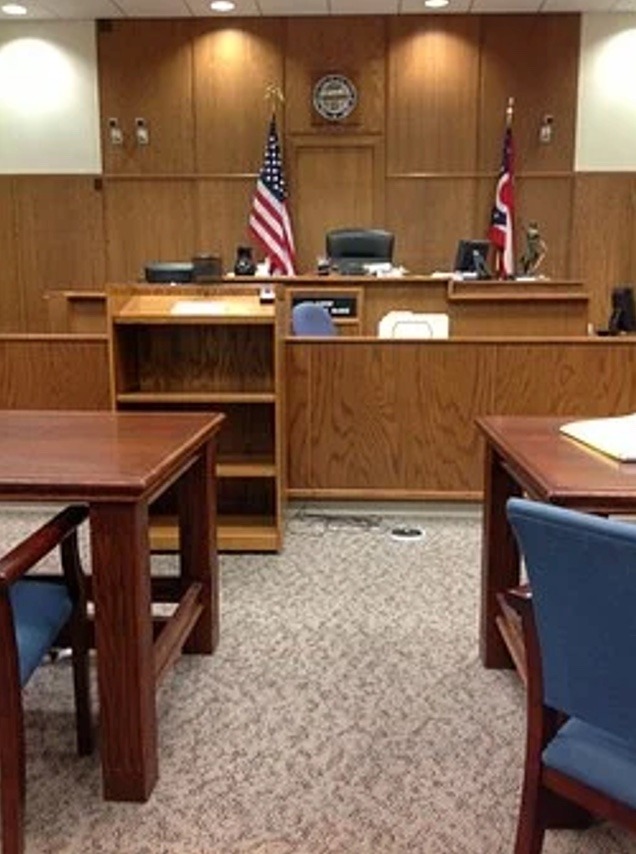If you have been arrested or served with a criminal citation, an arraignment will be your first court appearance. At this time, you will be formally advised of the charges that are being presented against you and you will be asked to enter a plea. During the arraignment, the court may also decide if you will be released pending trial.
How soon does the arraignment take place?
It must take place within a reasonable time after you have been arrested. Otherwise, it would violate your Sixth Amendment right to have a speedy trial. If the arraignment is delayed for whatever reason whether it involves a criminal complaint or a request for information, your criminal defense attorney can ask the court that your case be dismissed. It is up to the judge to review the case and determine if the delay was unreasonable.
What happens during the arraignment?
State laws and state constitutions play a role in how the court conducts an arraignment. In general terms, this is what you can expect at your arraignment:
You Will Be Advised of Your Rights
You will be notified that you have a right to a trial, to have the right counsel representing you, and the right not to self-incriminate. If there are several people waiting to be arraigned that same day, all of them might be advised of their rights at the same time.
Depending on your state, you may have the right to have legal representation during your arraignment. If you state that you want to have your attorney present, you cannot be arraigned until your lawyer is there or until they appoint a public defender for you.
You Will Be Advised of the Charges Against You
You have the right to waive the reading of the charges. Otherwise, you will be informed of the charges that are being brought against you through the reading of an indictment, complaint, or any other charging document.
You Will Enter a Plea
The judge will ask you how you plead to the charges of which you have just been informed. If you plead not guilty (which defense attorneys generally recommend). This means that the state will have to prove its case against you.
If you plead guilty, it is probably because the charges against you are very minor. Your attorney may then negotiate the plea and agree on a sentence. If the charges are more serious, you will have to have a sentencing hearing at a later date. Pleading no contest means that you acknowledge that enough evidence exists but you are not admitting guilt. In these cases, the court proceeds as with a guilty plea.
The Conditions for Your Release Are Set
The court will decide whether to release you in your own recognizance or require that you post bond or bail. You may also be placed on a supervised release program while your case is pending. This will depend on whether the court believes that you are a danger to the community, your own criminal record, and other considerations.
In some cases, criminal defense attorney Stroleny recommends that the arraignment be waived in exchange for submitting to the court a written waiver of arraignment. In other cases, the court allows the defendant to waive the arraignment although a separate hearing on conditions of release is set.

